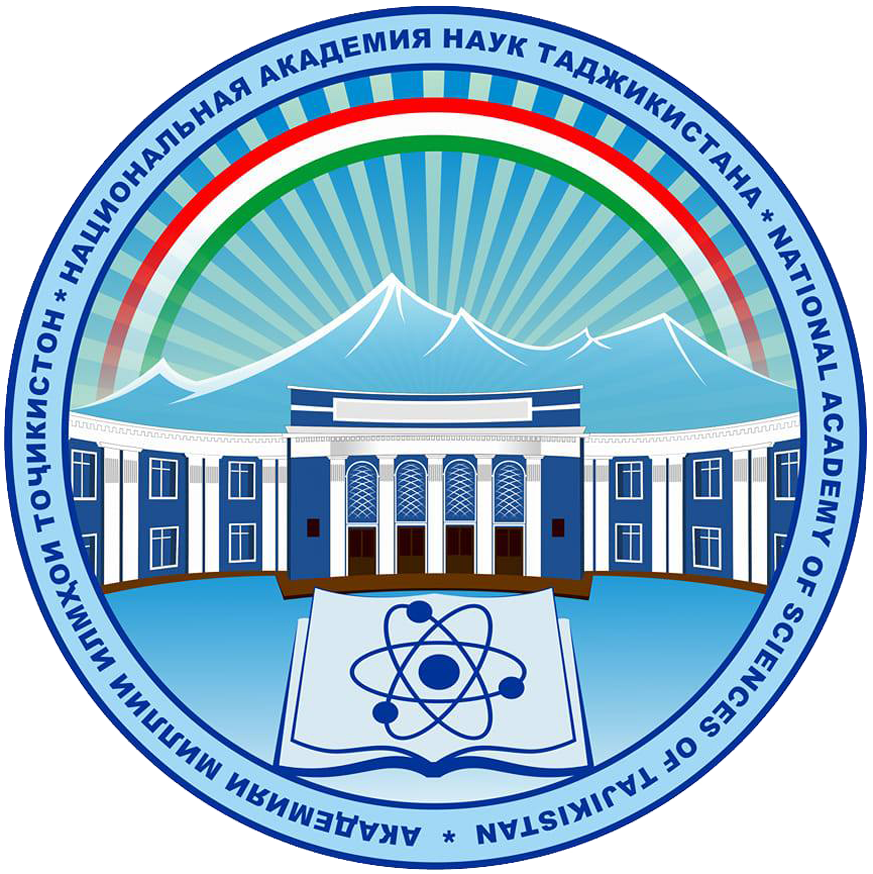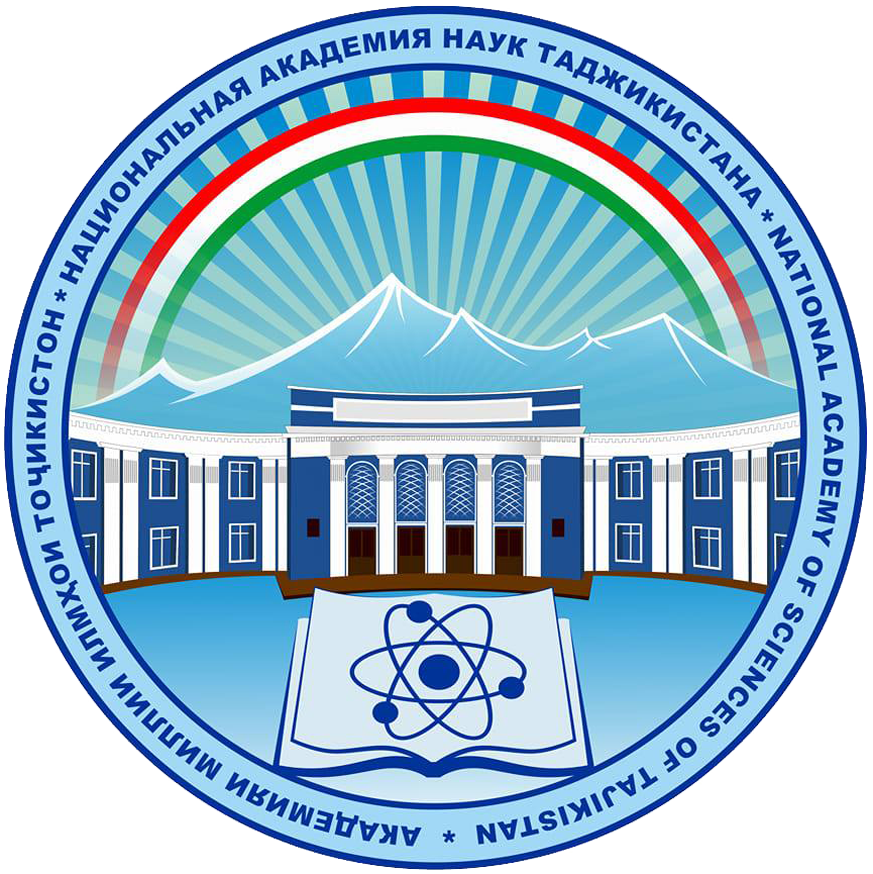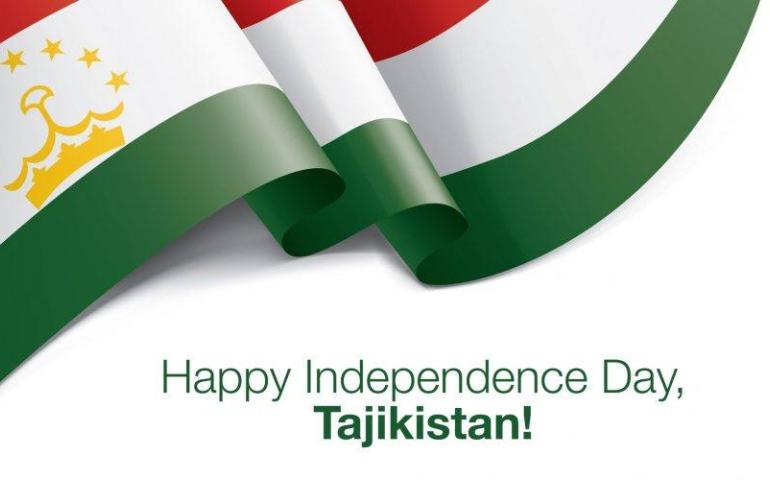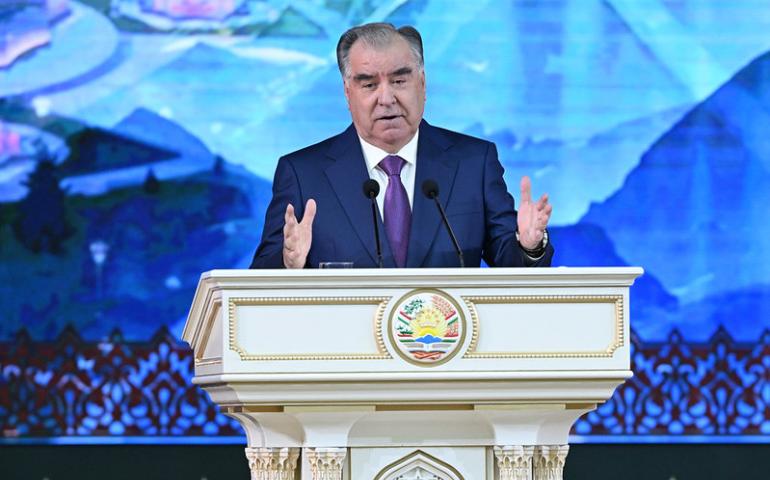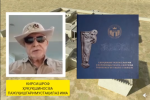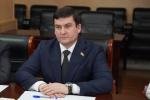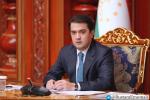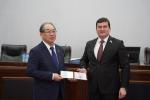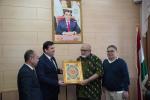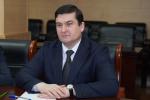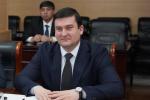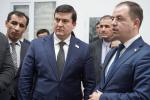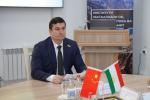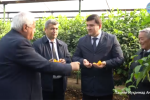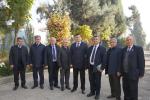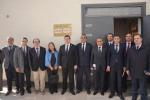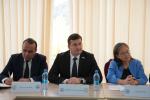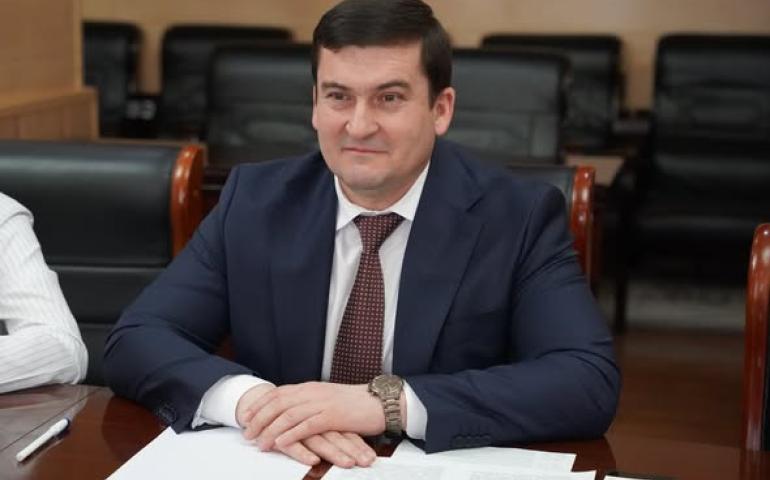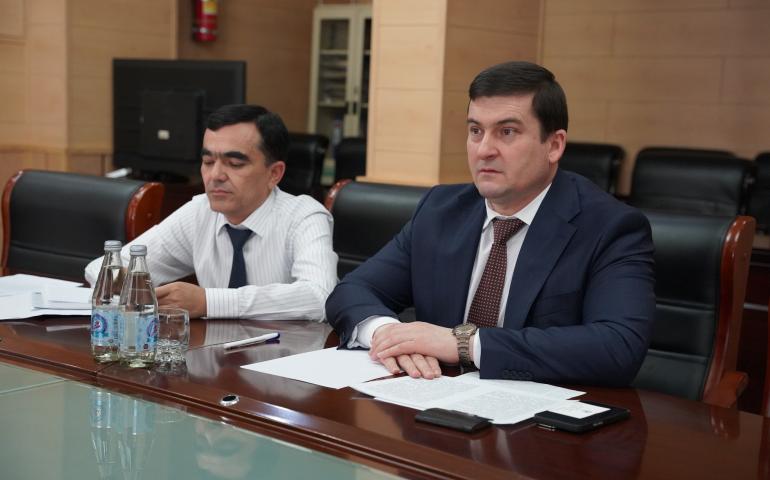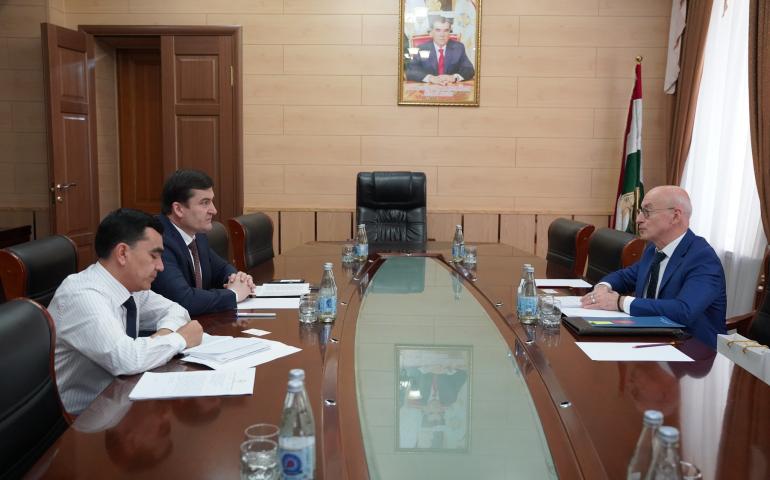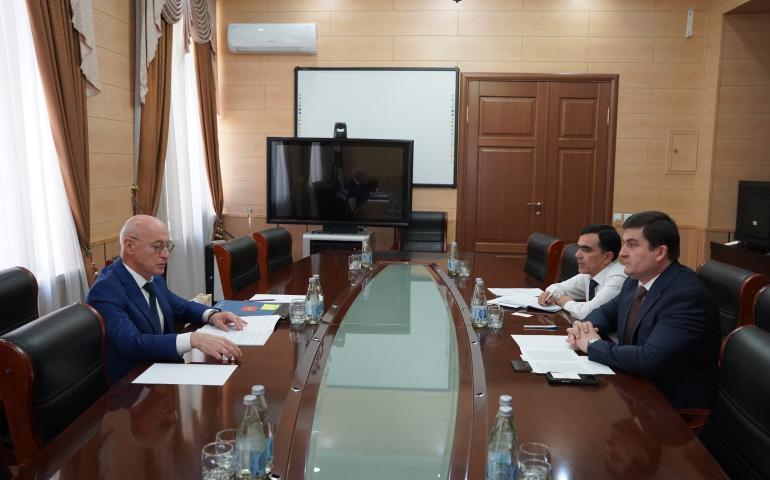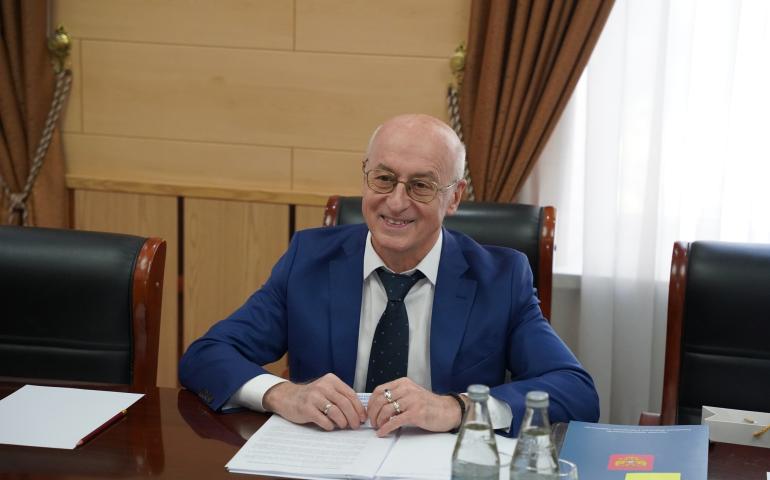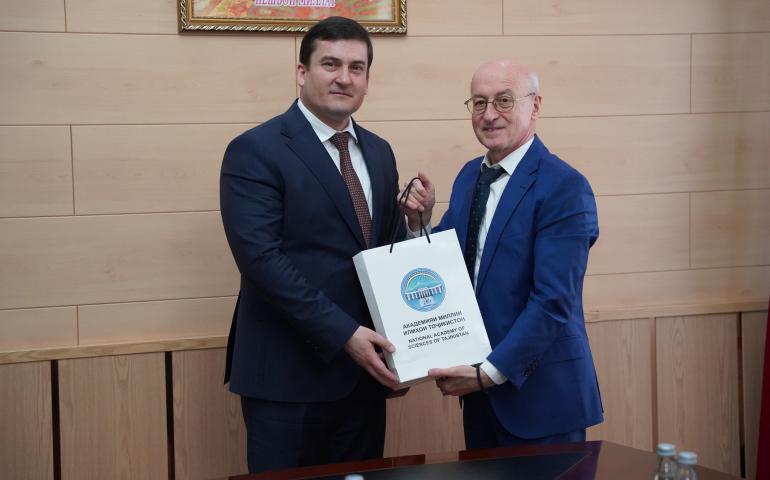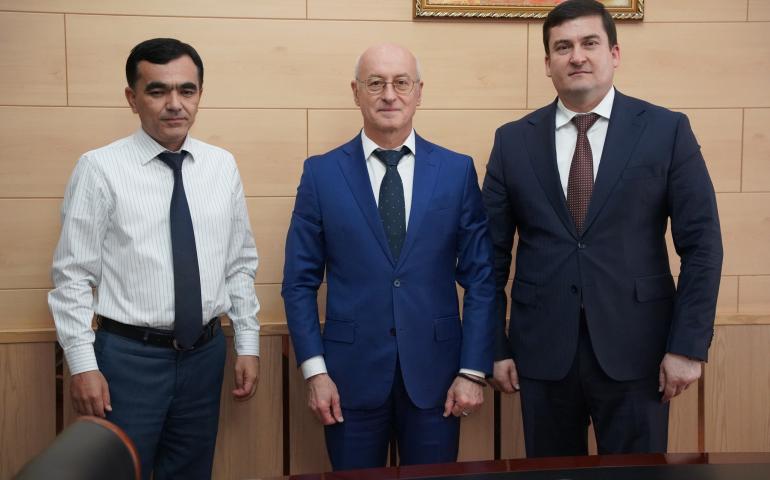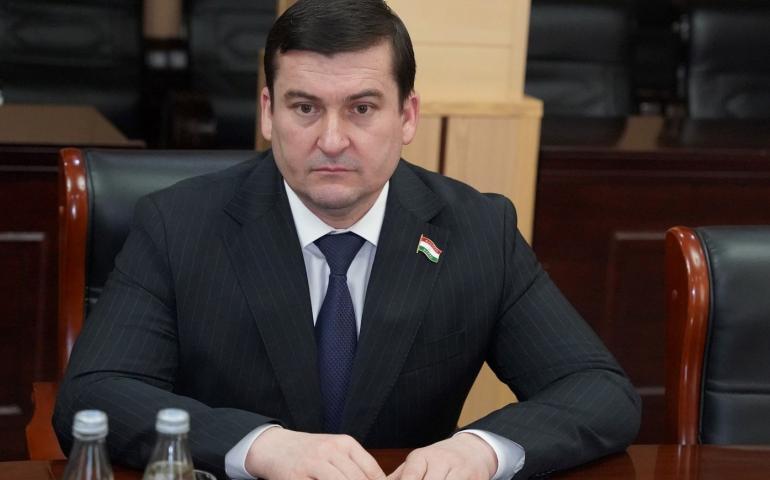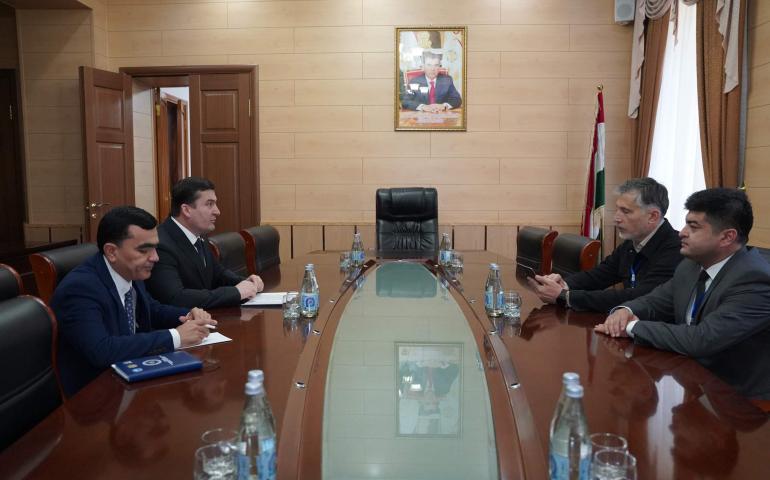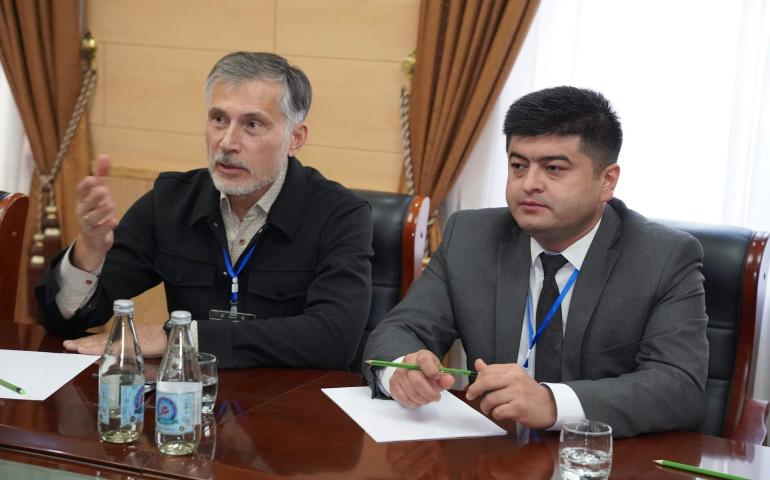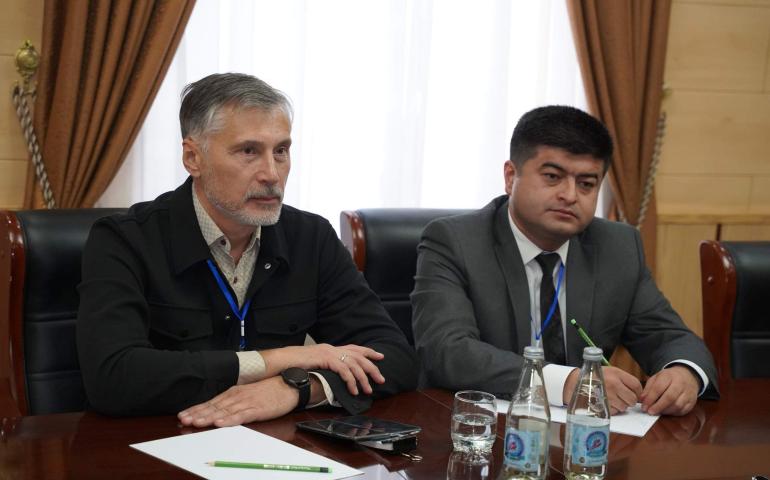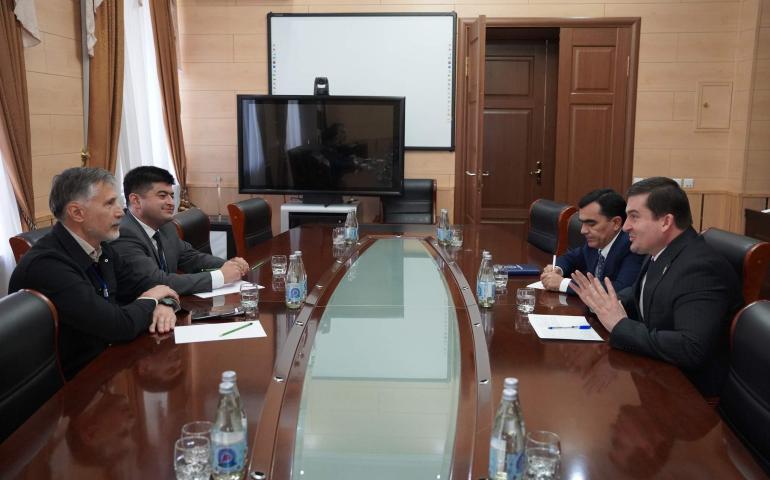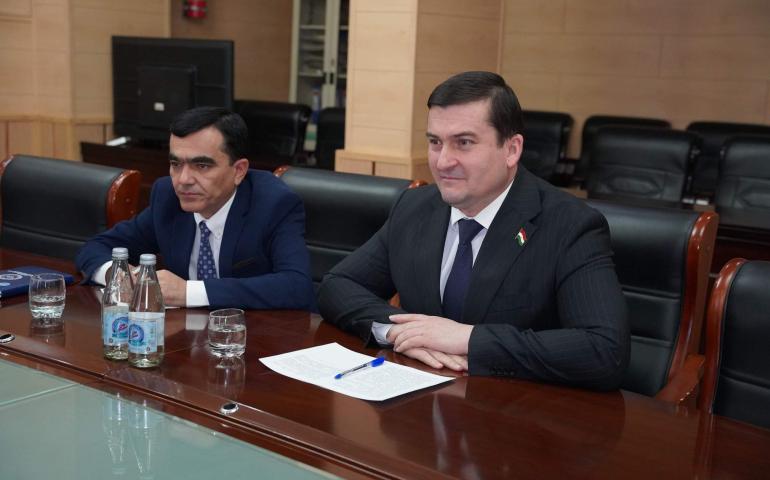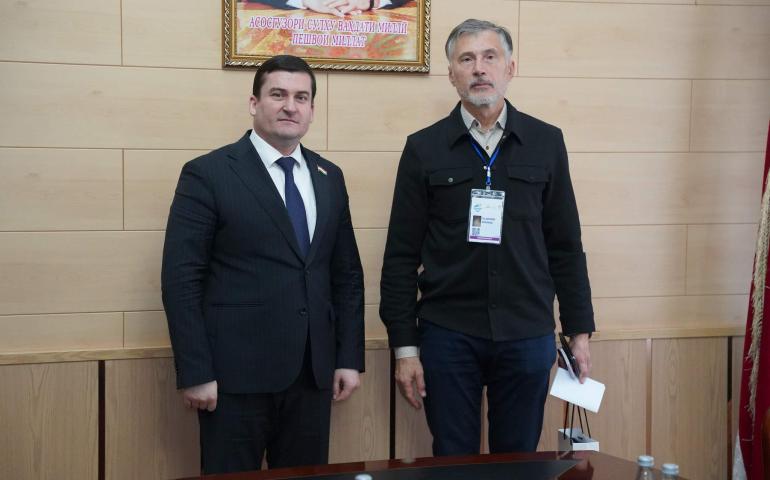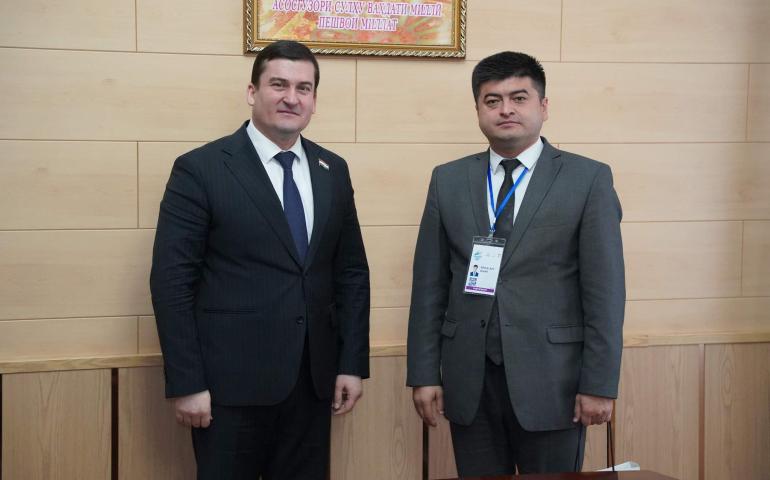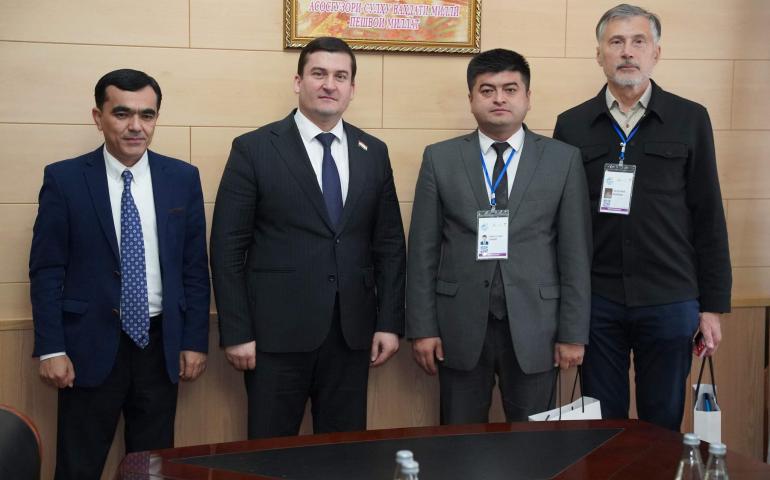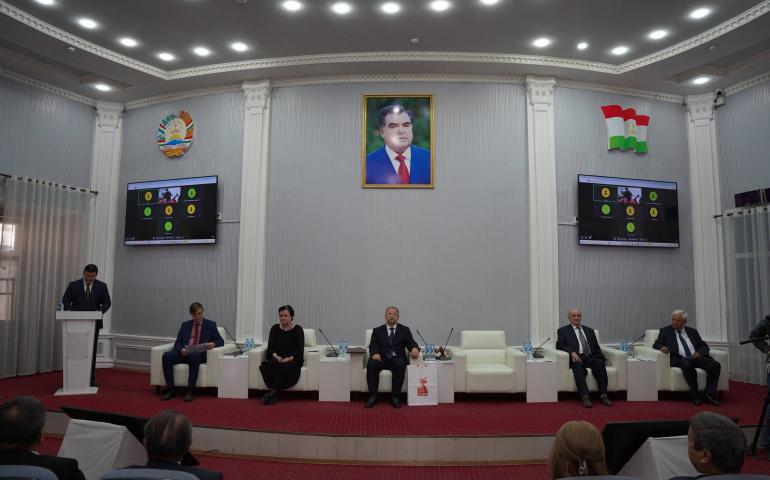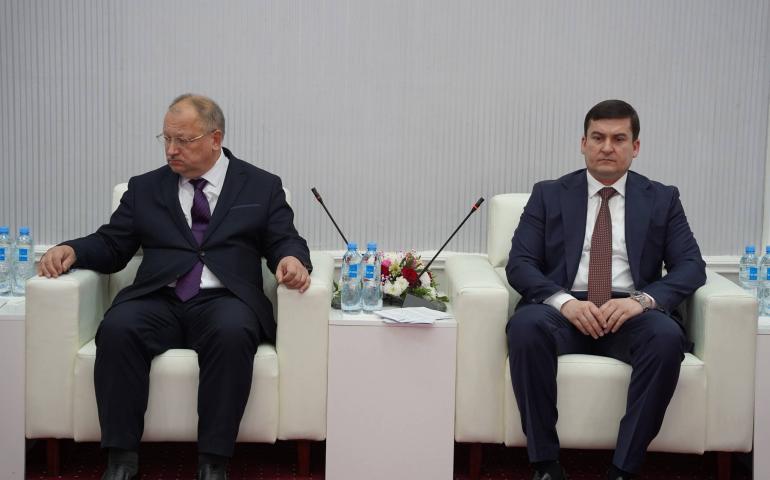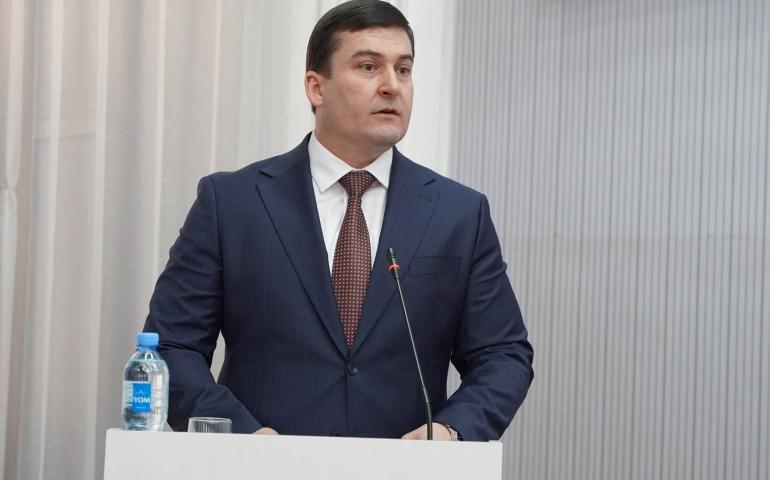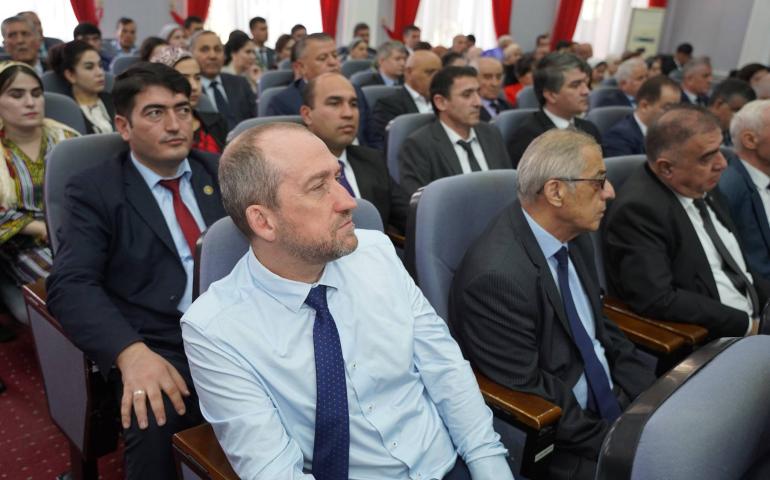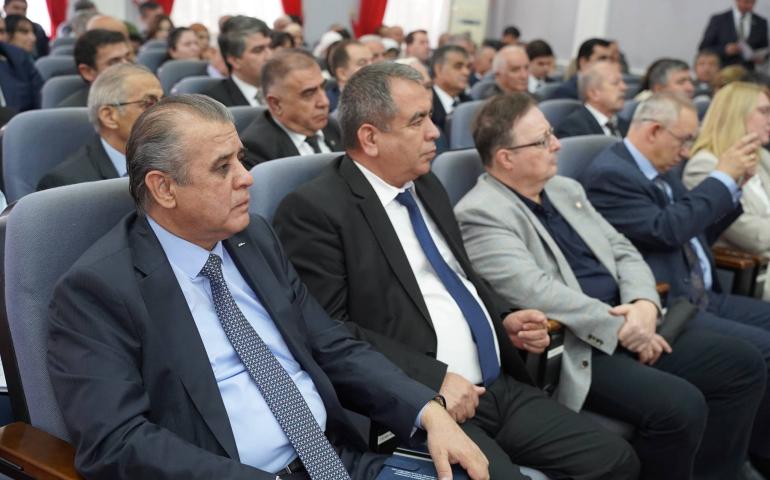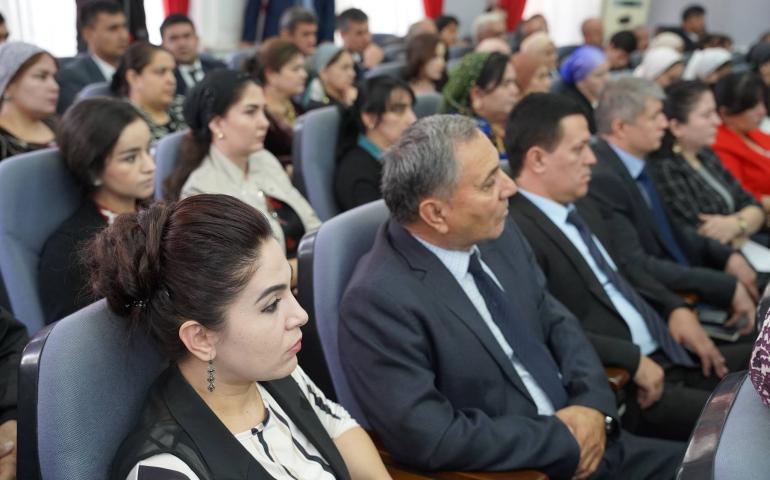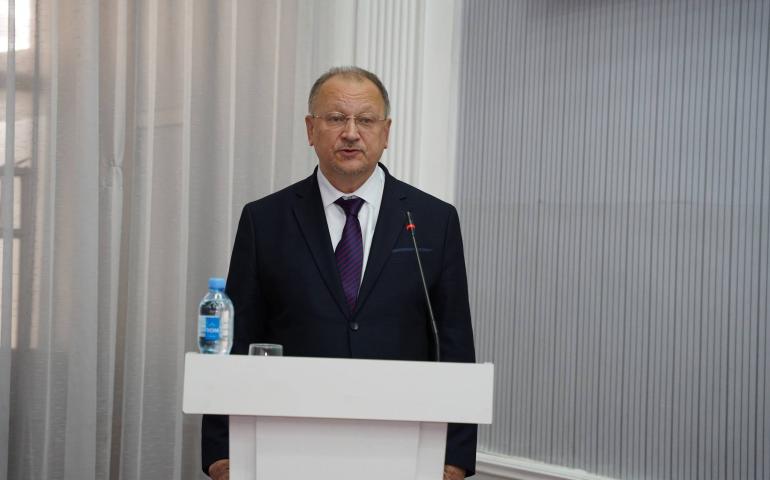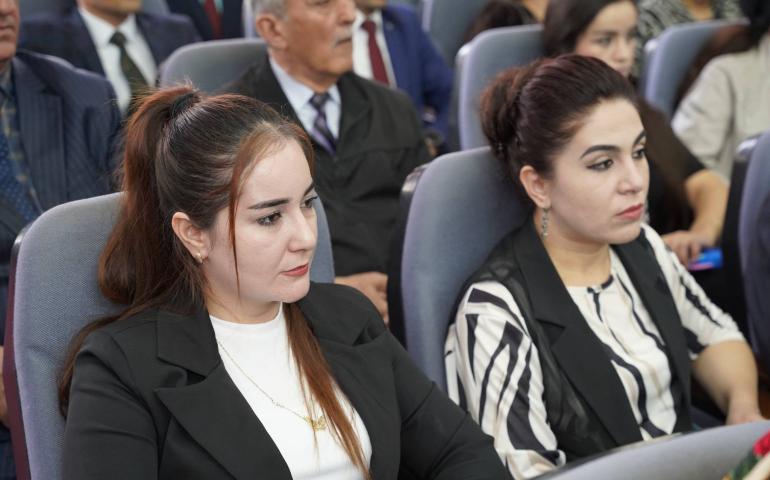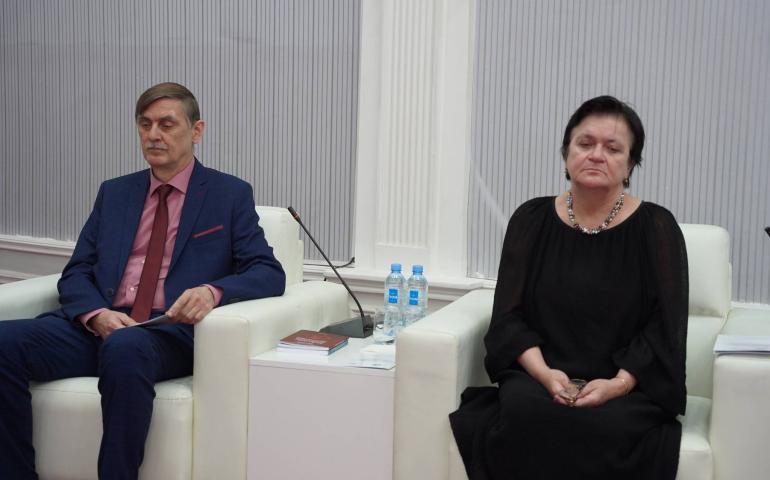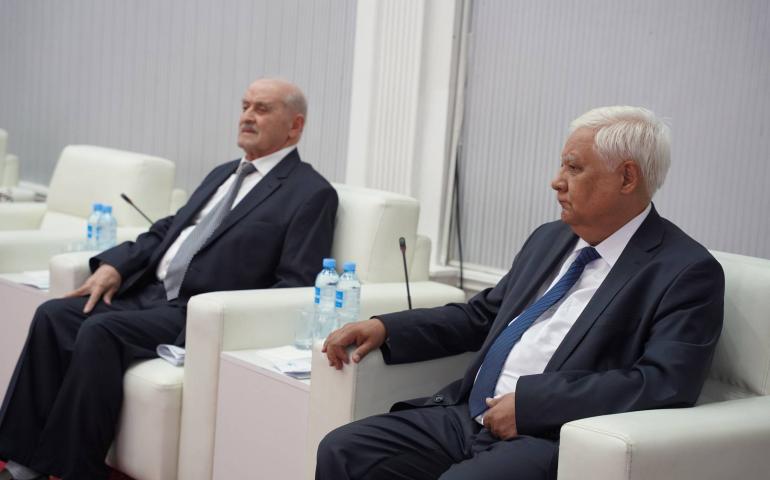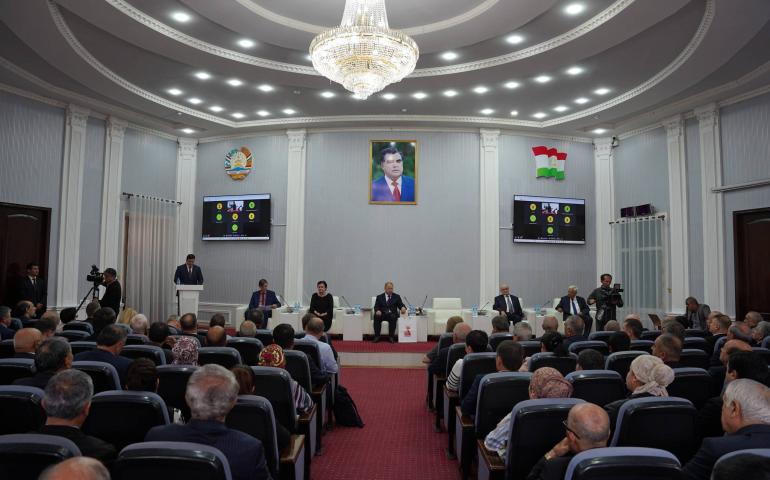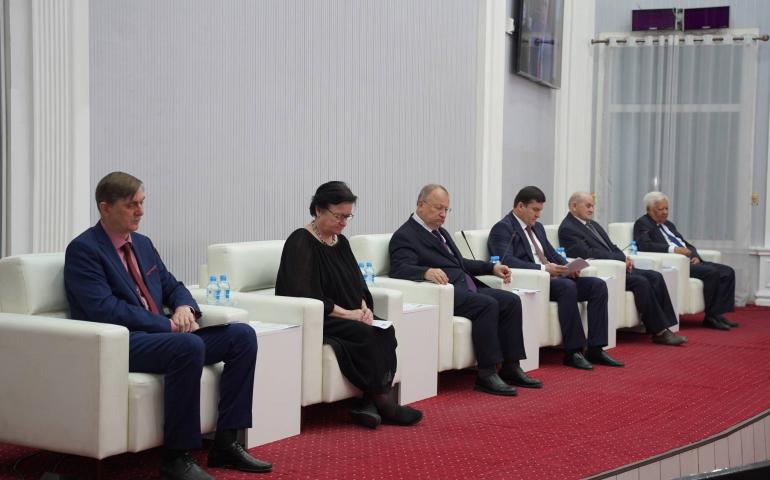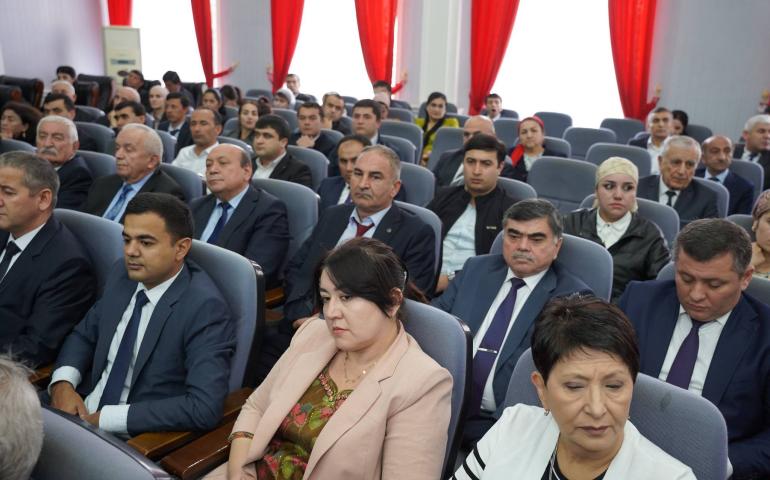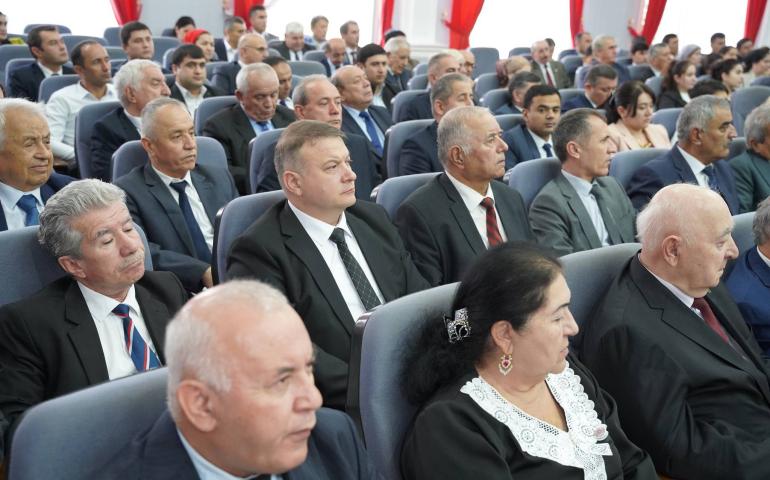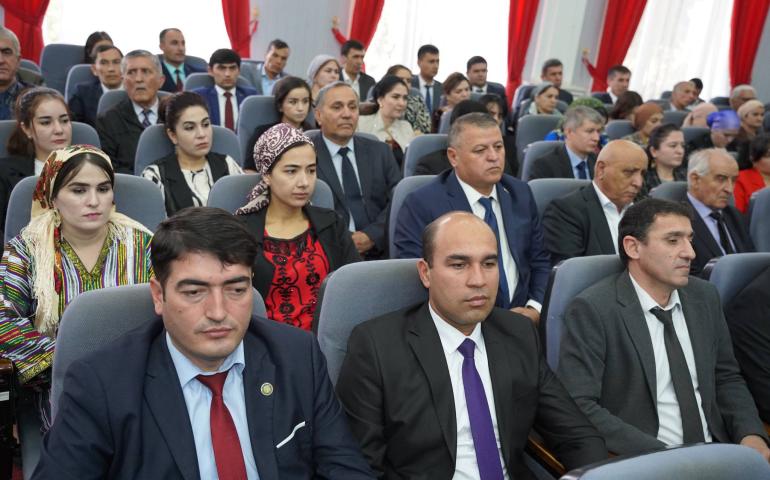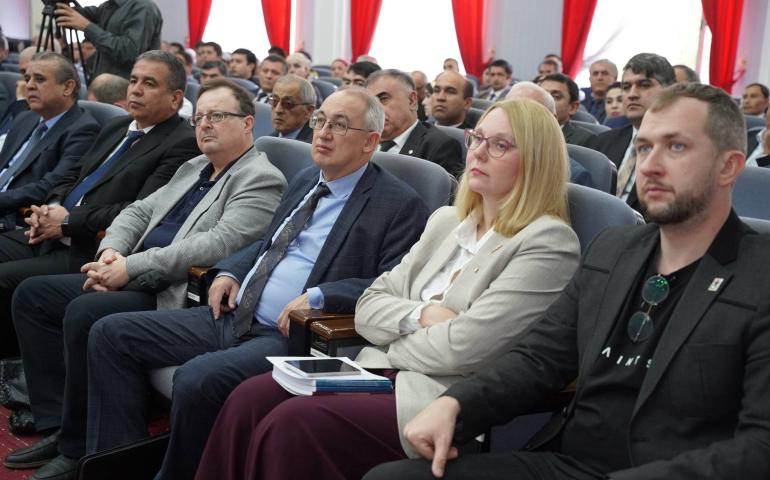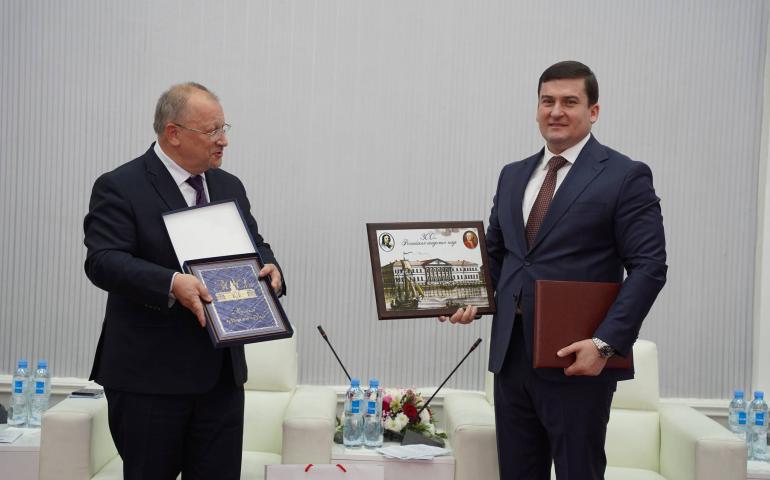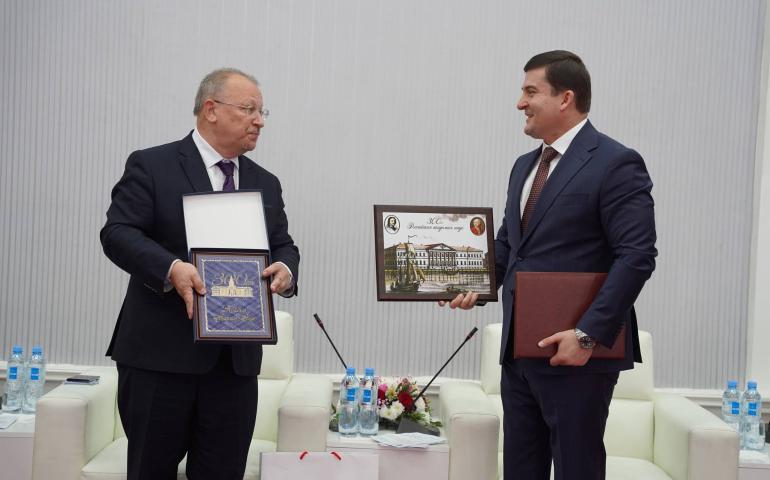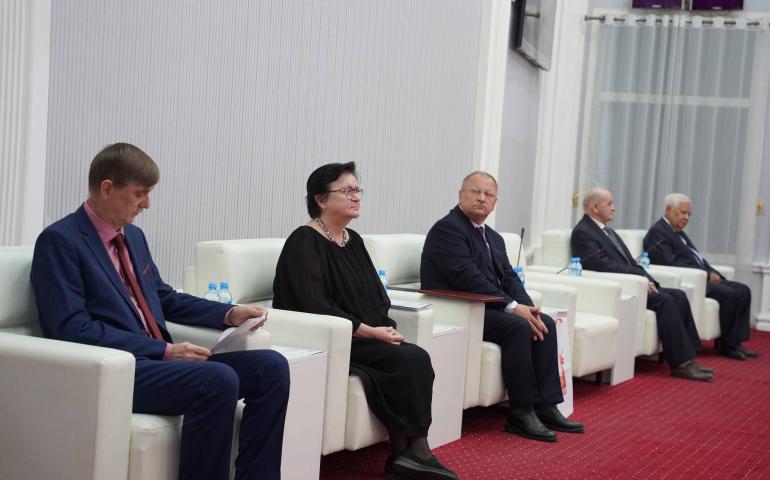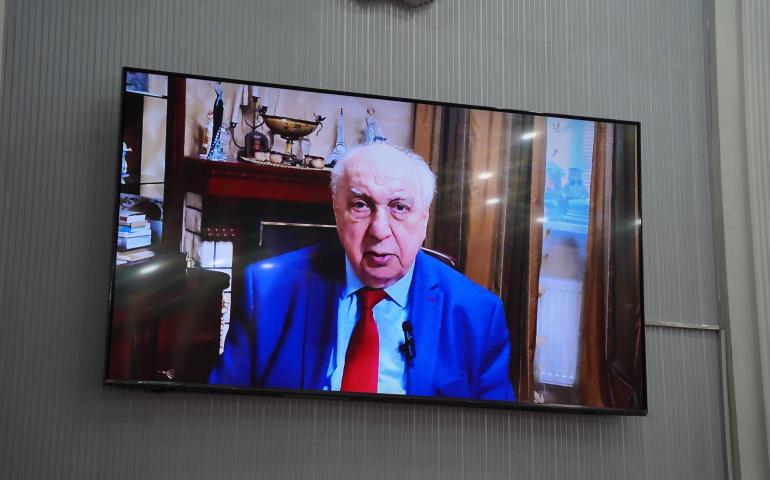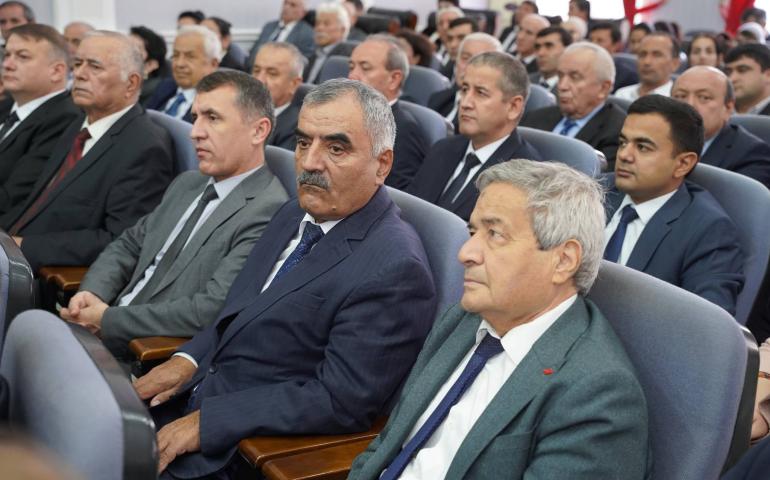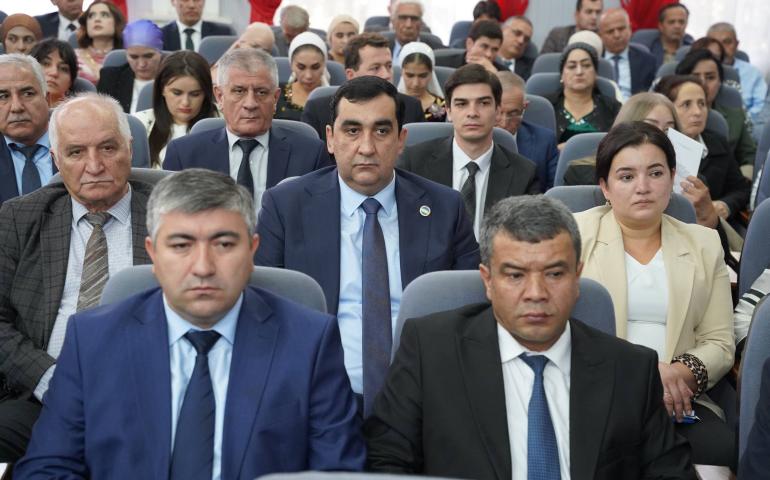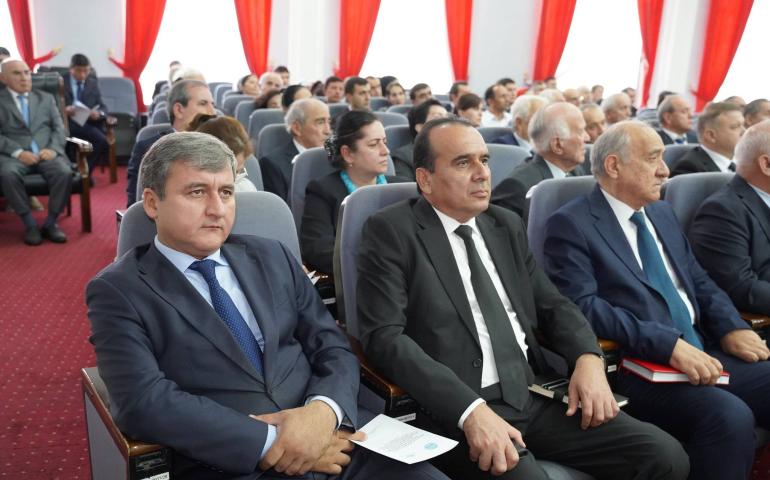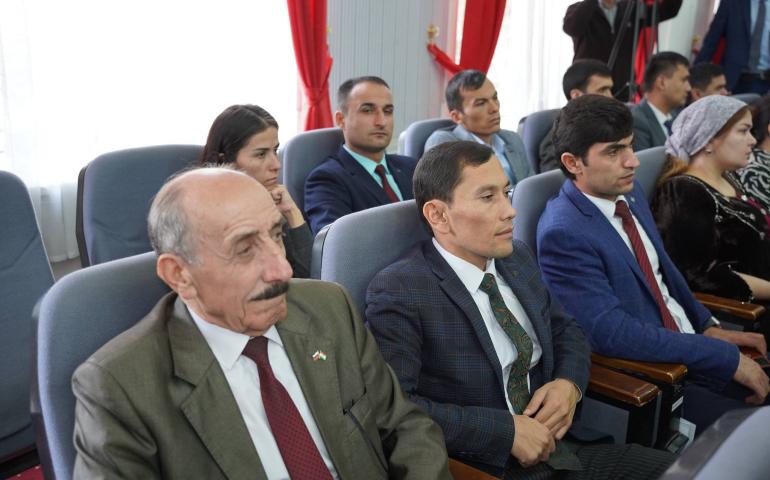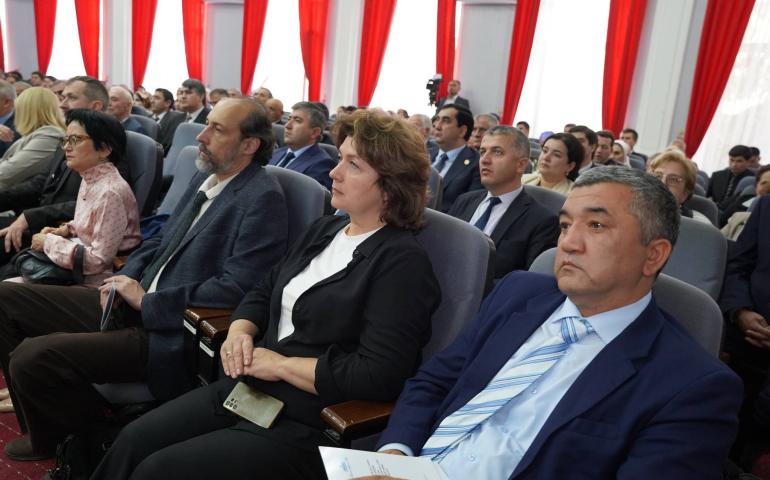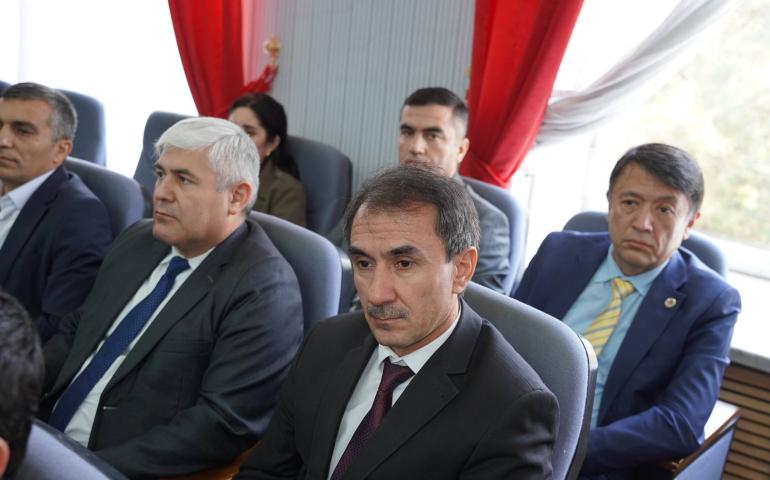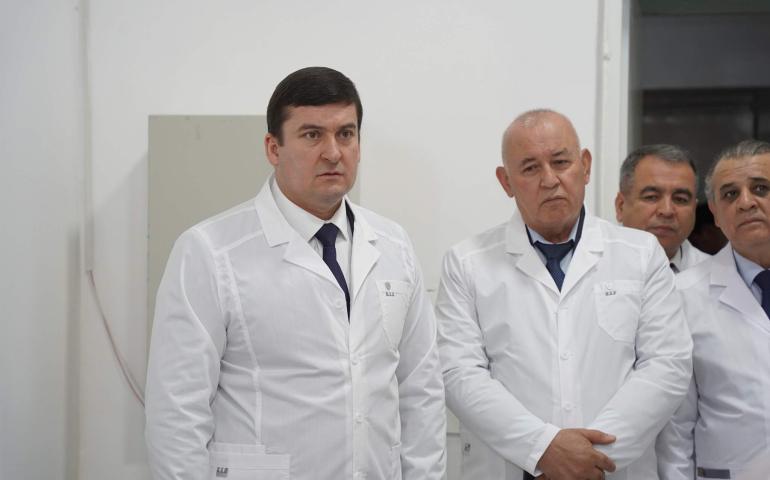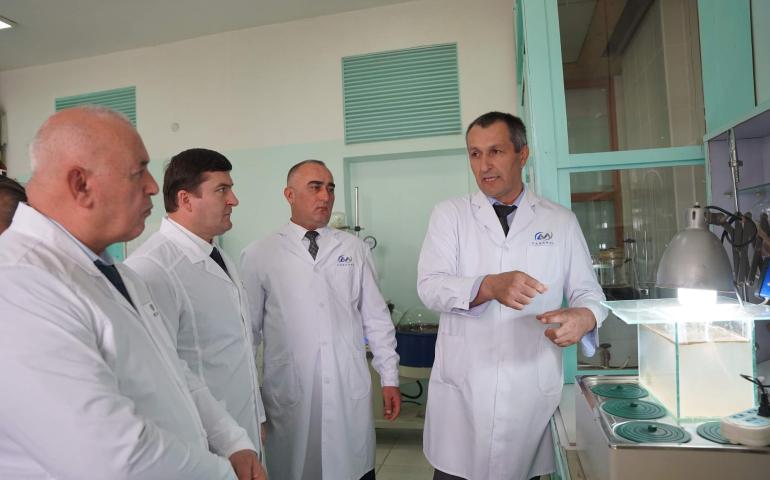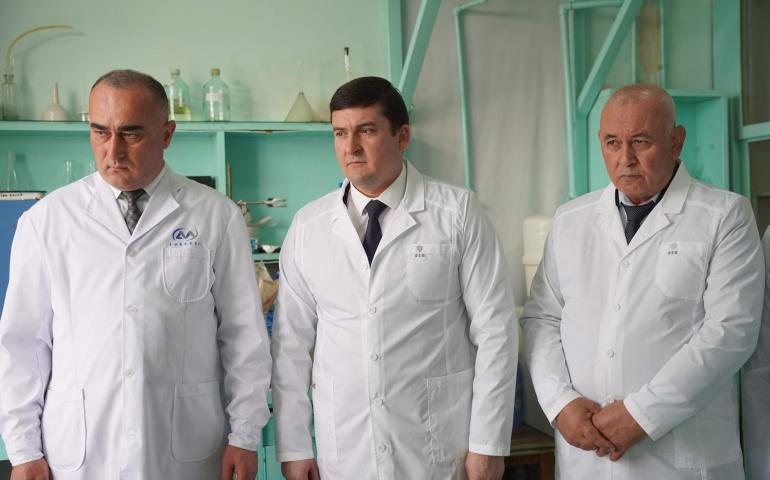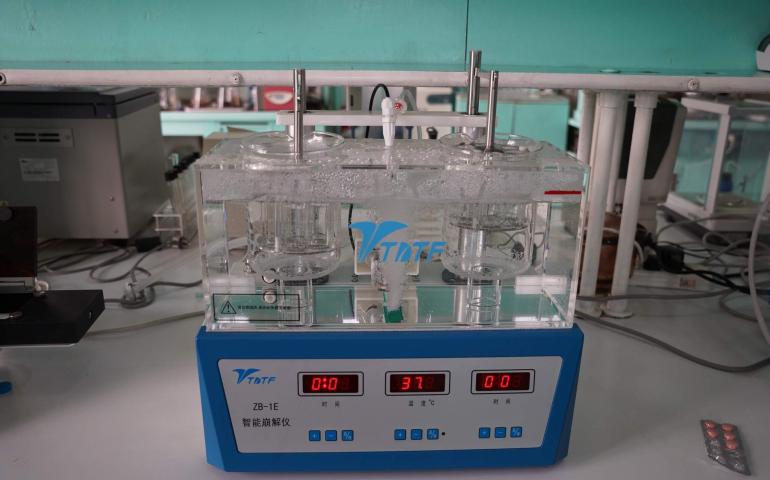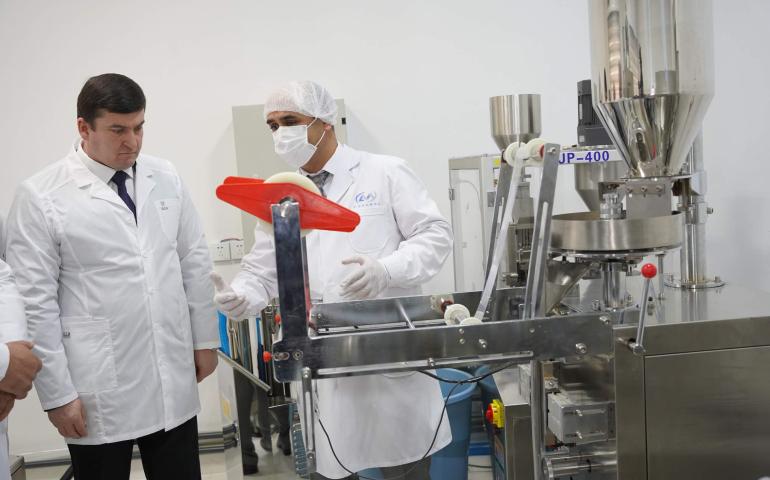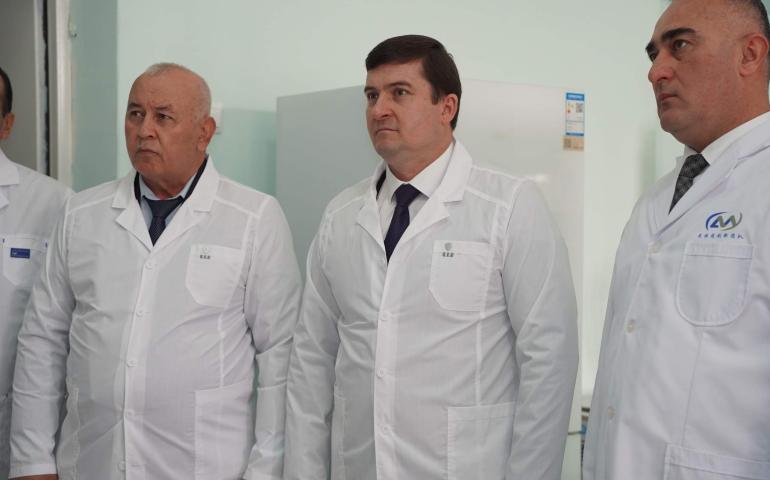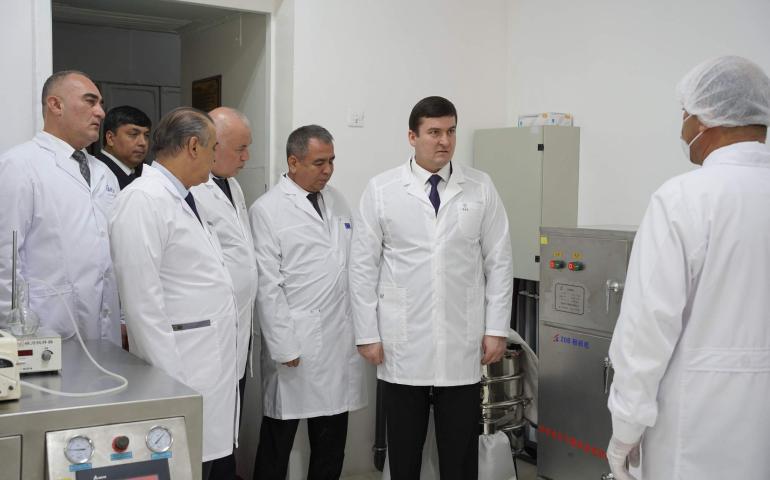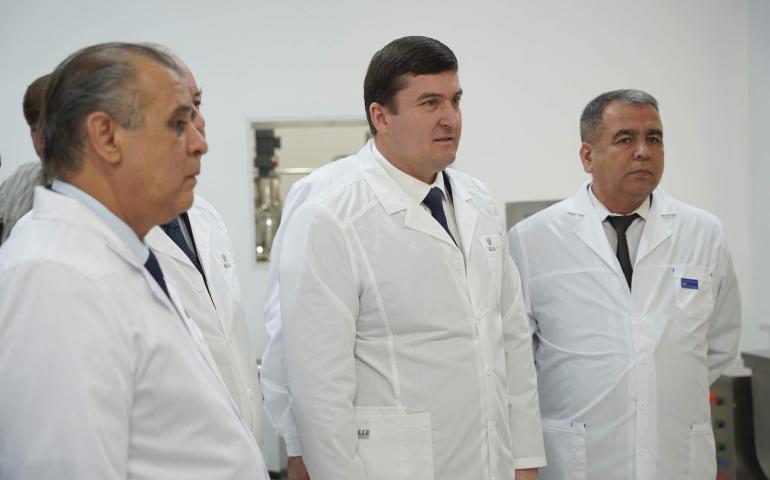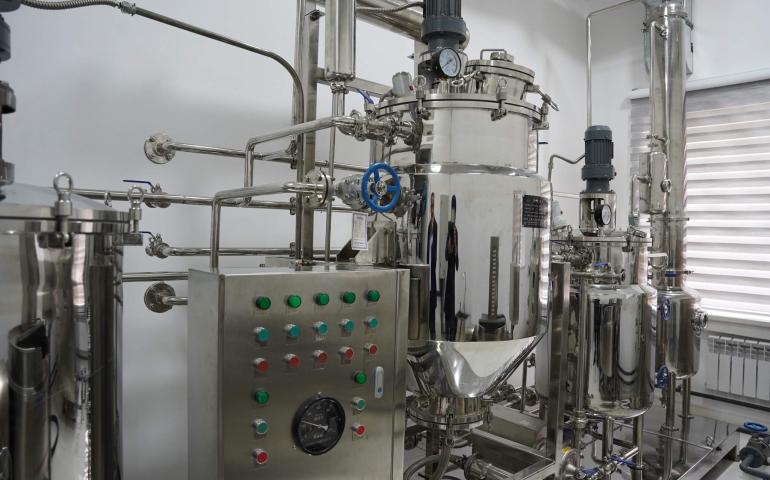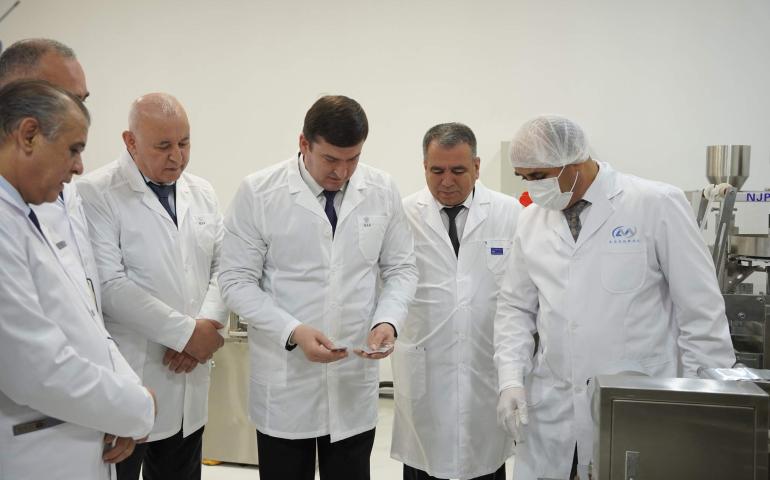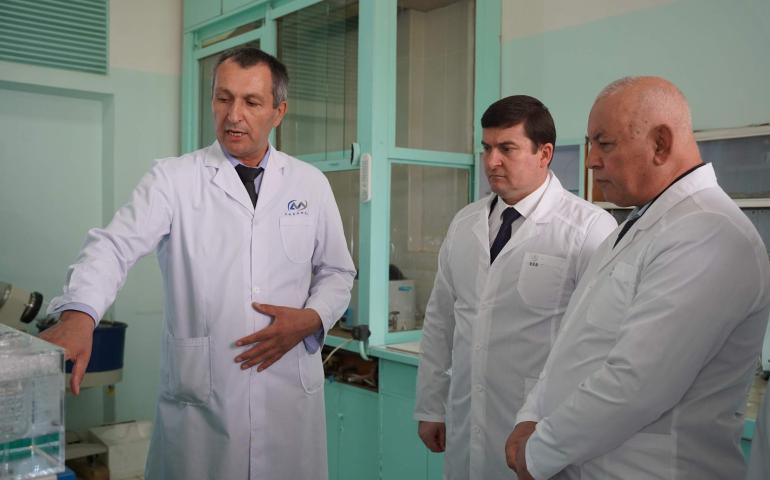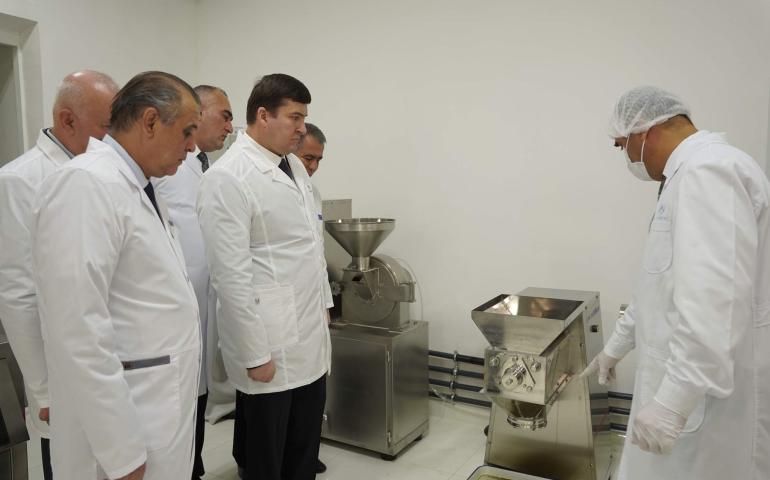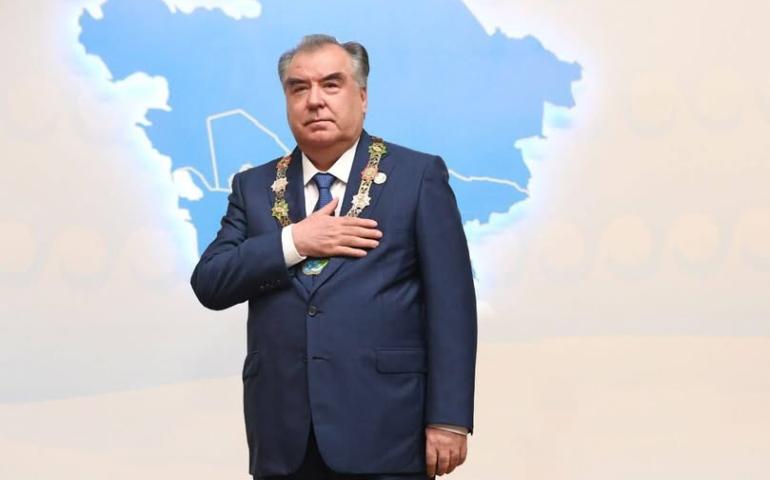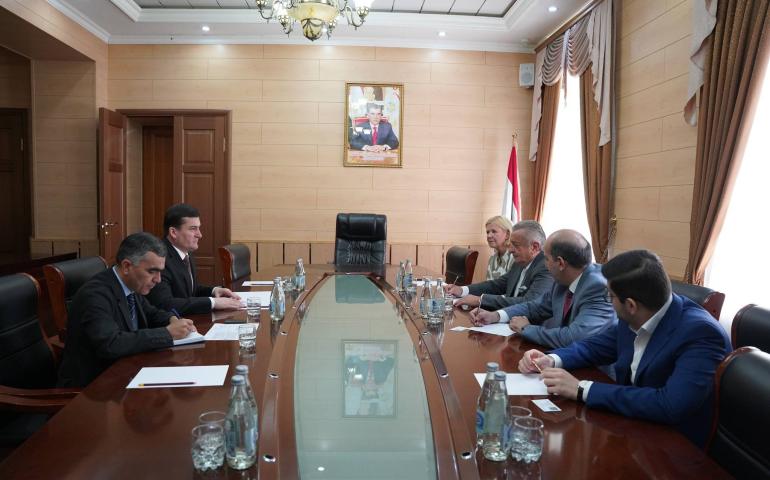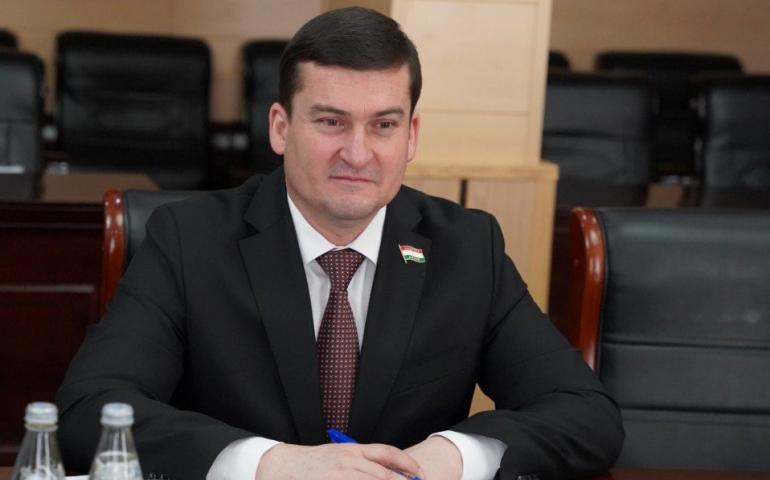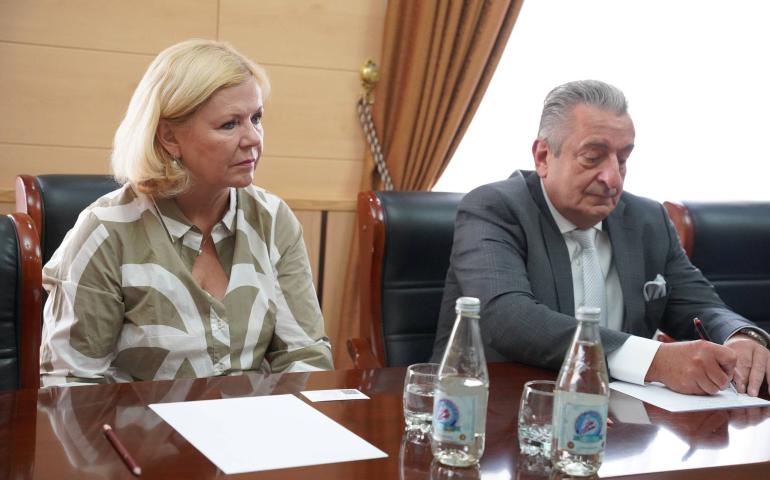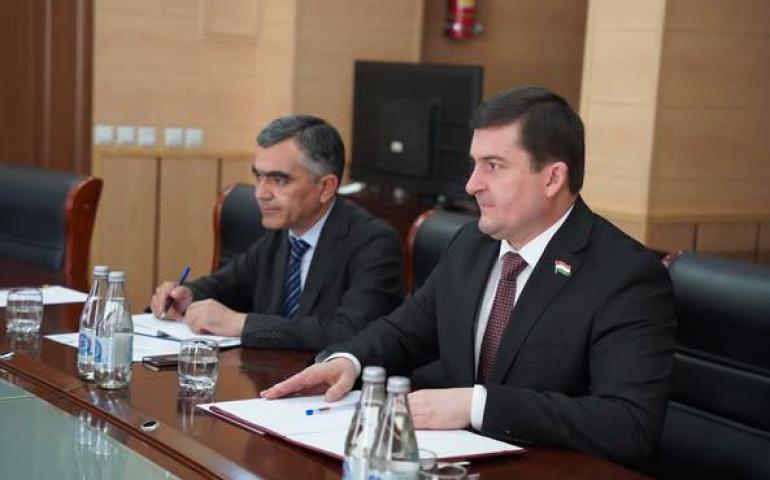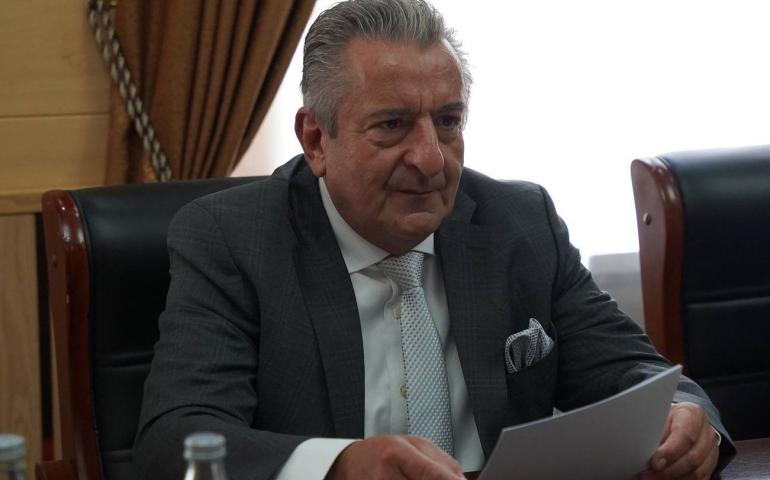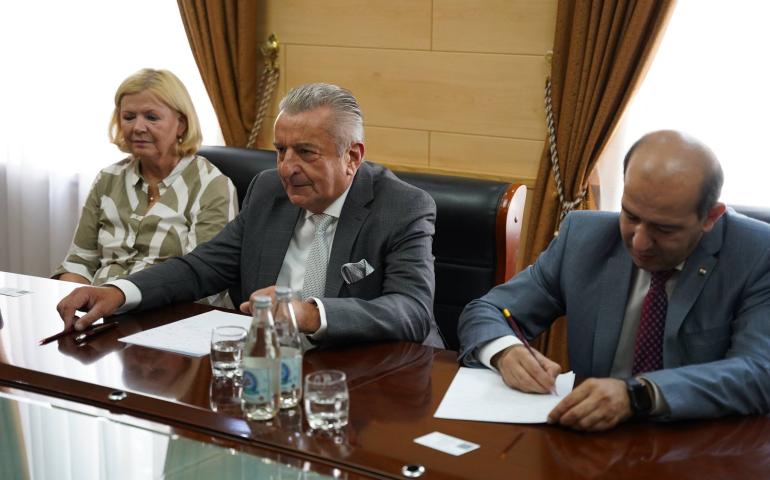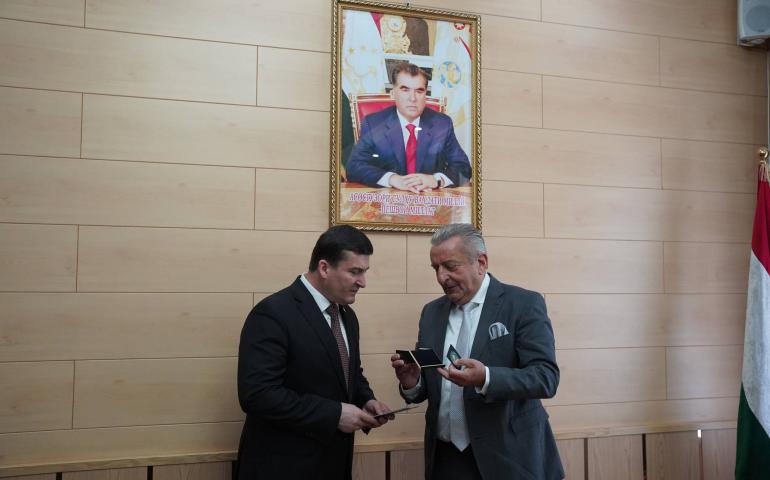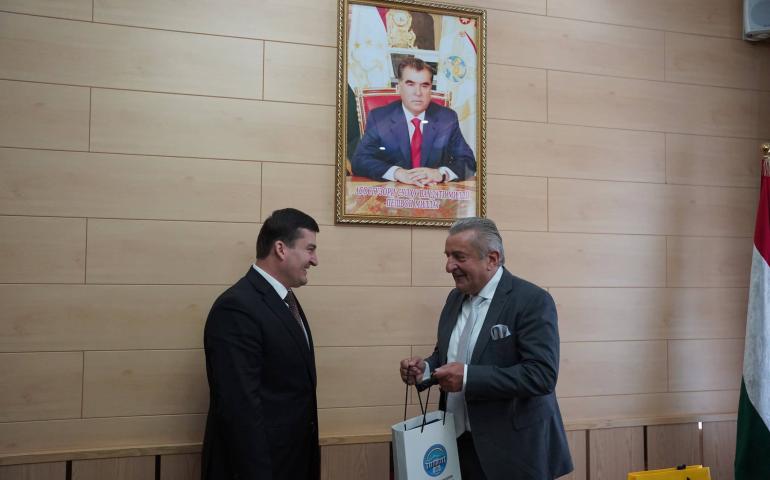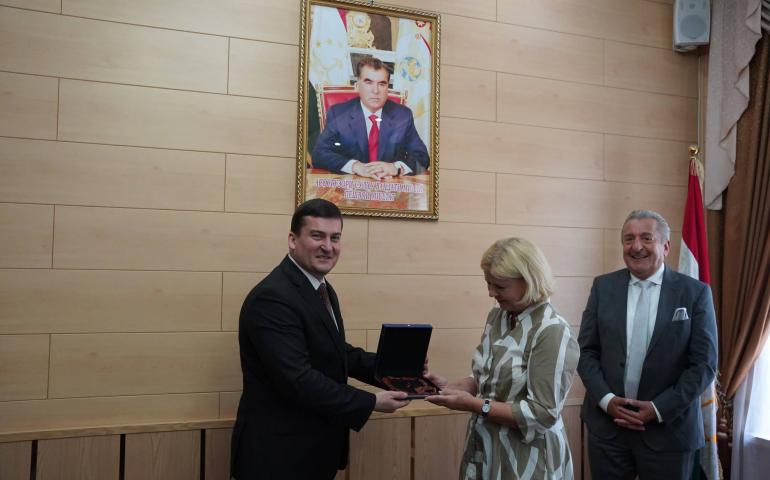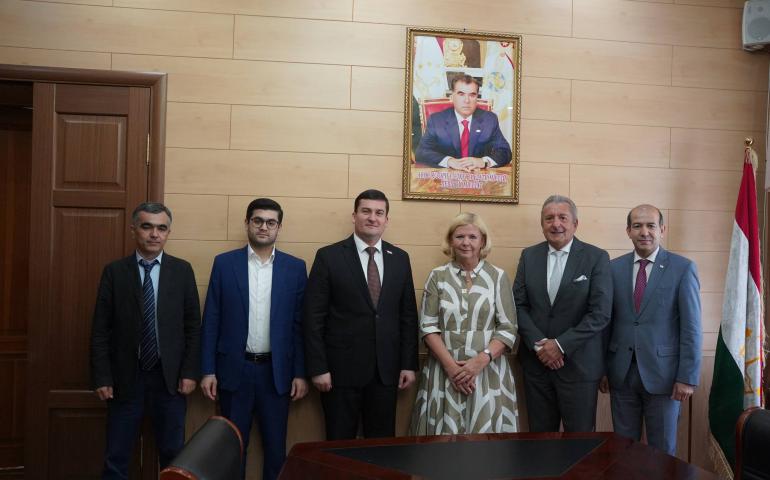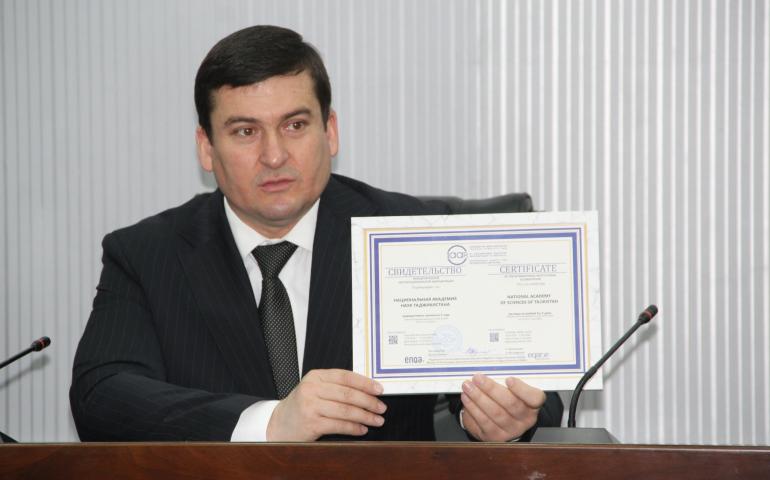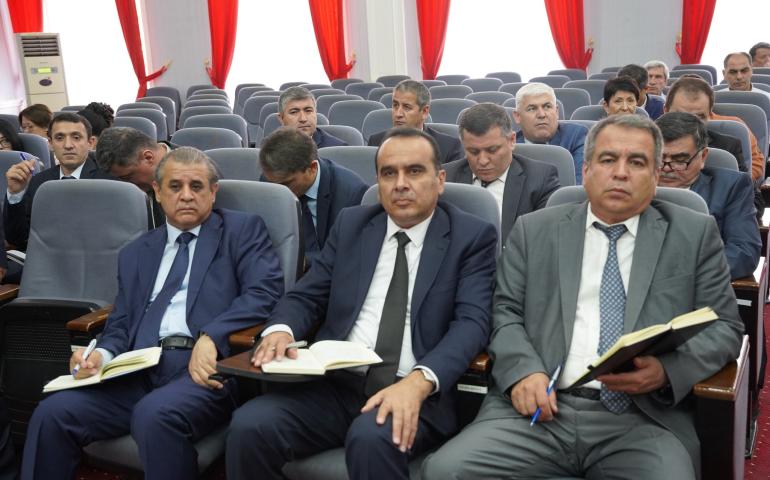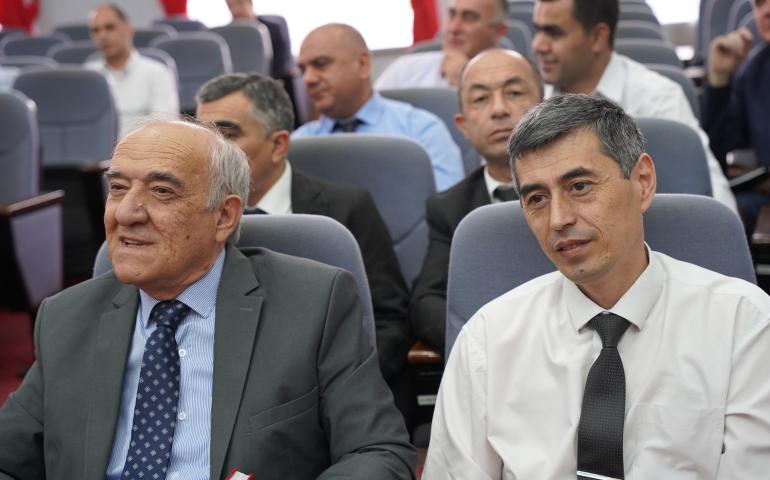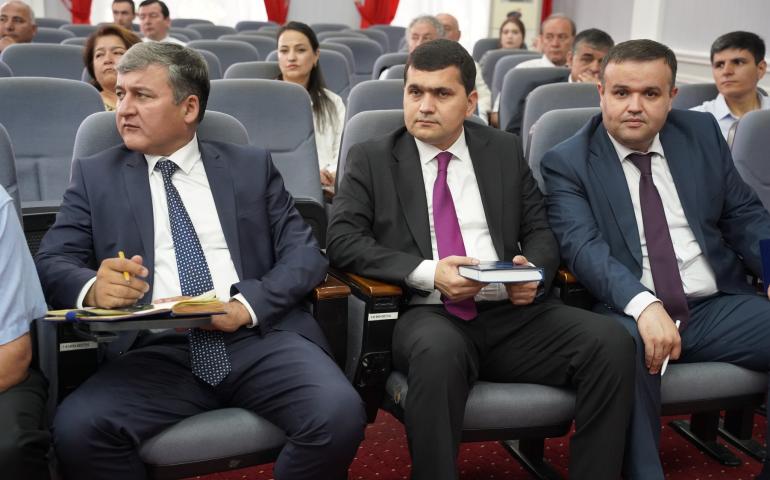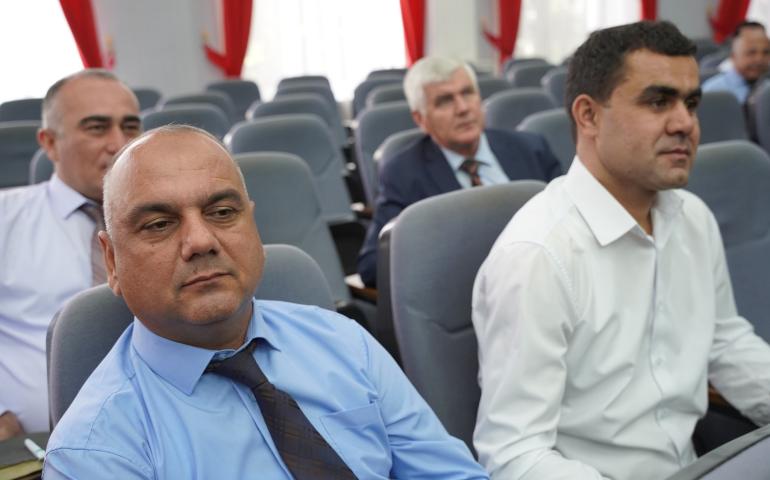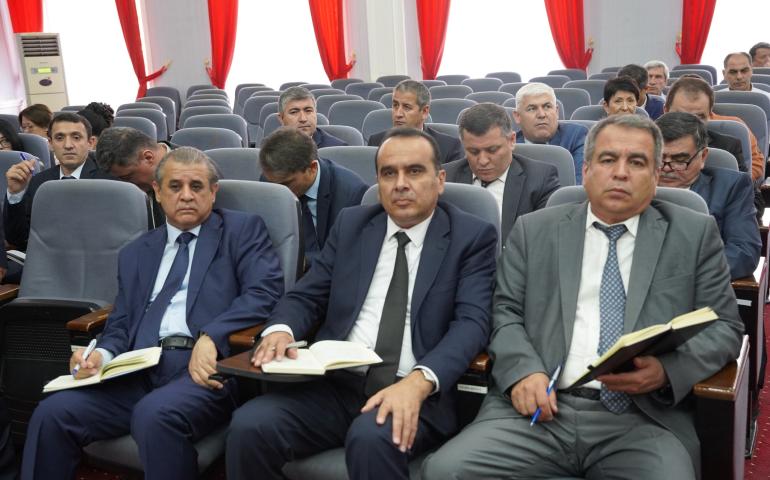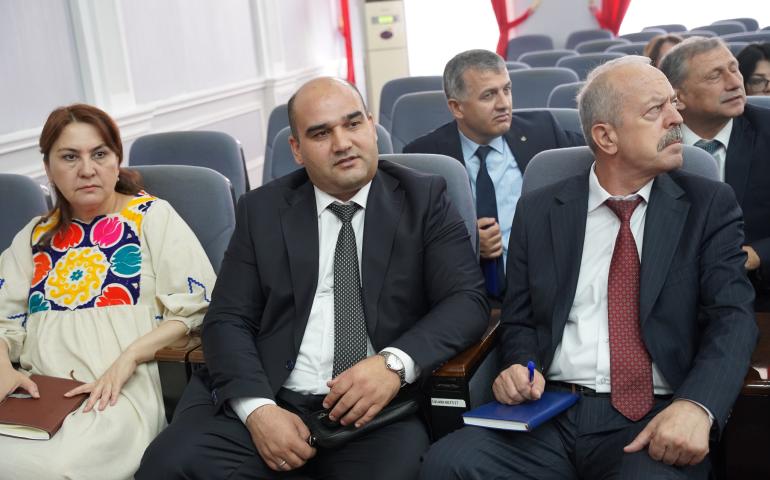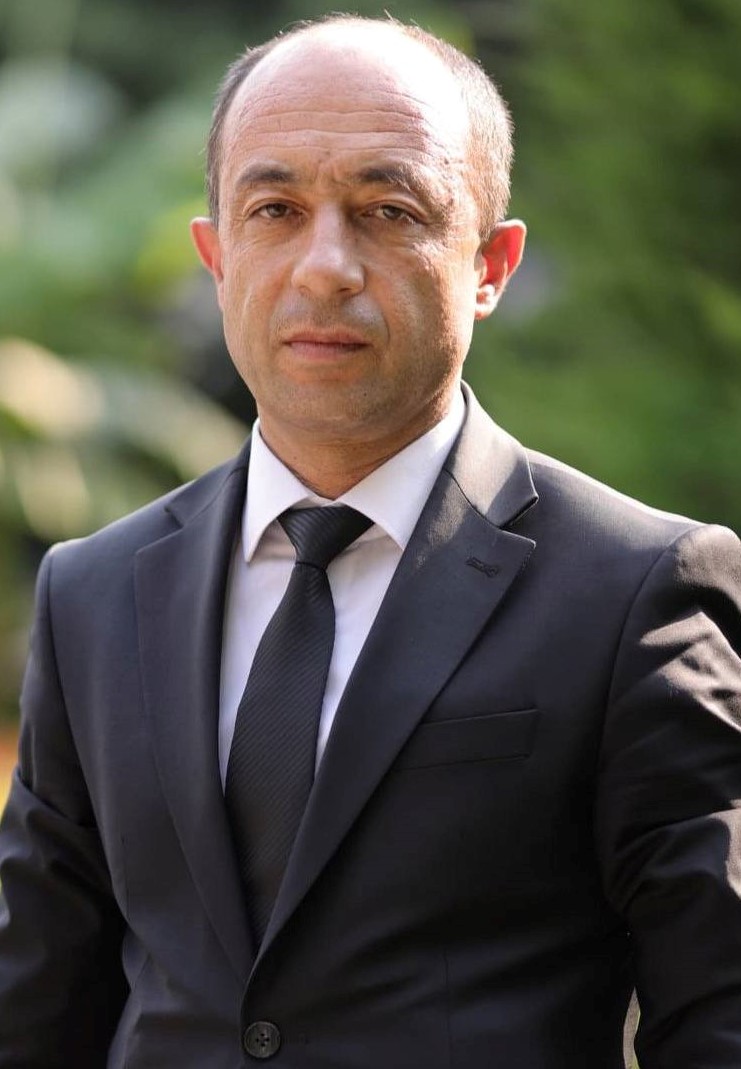 The proclamation of state independence of the Republic of Tajikistan on September 9, 1991, opened a new page in the history of the nation. Alongside political sovereignty and economic reforms, Tajikistan gained the opportunity to develop its own cultural and educational policies. One of the most significant priorities has been the teaching and learning of foreign languages, particularly Russian and English, which became indispensable for building international relations, scientific development, and economic growth.
The proclamation of state independence of the Republic of Tajikistan on September 9, 1991, opened a new page in the history of the nation. Alongside political sovereignty and economic reforms, Tajikistan gained the opportunity to develop its own cultural and educational policies. One of the most significant priorities has been the teaching and learning of foreign languages, particularly Russian and English, which became indispensable for building international relations, scientific development, and economic growth.
The Founder of Peace and National Unity, Leader of the Nation, President of the Republic of Tajikistan, Honorable Emomali Rahmon, has emphasized in his speeches that foreign language learning is not a luxury but a necessity in the age of globalization. His initiatives and ideas are reflected in the State Programme for the Development and Teaching of Russian and English Languages, which provides a roadmap for modernizing curricula, improving teacher training, and preparing a multilingual generation.
During the Soviet period, Russian dominated as the main foreign language taught in Tajikistan. With independence, the situation changed drastically: strengthening the Tajik language as the state language became a top priority, while at the same time, Russian and English gained renewed significance. Russian remains the language of interethnic communication and cooperation within the CIS, while English emerged as the global language of science, technology, and diplomacy.
In this context, independence enabled Tajikistan to design a balanced multilingual policy that strengthens national identity while equipping citizens with the tools for international communication.
The President of Tajikistan has often underlined the importance of preserving Russian language proficiency. He noted that Russian is a “bridge for dialogue with our strategic partners” and is crucial for maintaining cultural, scientific, and economic cooperation with the CIS states [Emomali Rahmon, Speech at the International Conference on Languages, 2014].
Within the framework of the State Programme, the following measures were introduced:
-Development of new textbooks and digital resources;
-Training of teachers of Russian language at universities and pedagogical institutes;
-Establishment of Russian cultural and language centers in Dushanbe and other regions;
-Introduction of online language courses for rural schools.
This reflects the President’s pragmatic approach: Russian remains a vital tool for Tajikistan’s regional integration.
English has been described by Honorable Emomali Rahmon as “the language of science and progress” [Emomali Rahmon, Address to the Parliament, 2018]. He stressed that young citizens of Tajikistan cannot compete in the global economy without mastering English.
The State Programme for the Development of English Language Education provided:
-Introduction of English from the first grades of school education;
-Cooperation with the British Council and international organizations for teacher training;
-Equipping schools and universities with language laboratories;
-Encouragement for students to use English in scientific research and publications.
In this way, the President’s vision links English proficiency directly to innovation, competitiveness, and global integration.
New Ideas of the Founder of Peace and National Unity, Leader of the Nation, President of the Republic of Tajikistan, Honorable Emomali Rahmon.
In recent years, the Honorable President has proposed several innovative directions for the effective implementation of the State Program me:
Digitalization of Language Learning – nationwide online platforms for Russian and English lessons, accessible in remote mountain areas [Government of RT, 2021].
Regional and University-based Language Centers – hubs in Dushanbe, Khujand, Bokhtar, and Kulob offering intensive courses and certification.
Teacher Exchange Programmes – internships for Tajik teachers abroad and attracting foreign experts to Tajikistan.
Integration of Languages with Science and Innovation – making Russian and English a requirement for participation in innovation projects and scientific conferences.
Competitions and Scholarships – contests such as “Polyglot of the Year” and presidential scholarships for outstanding language learners.
Employment-Oriented Language Policy – connecting language proficiency with career opportunities in diplomacy, IT, tourism, and international trade.
These initiatives highlight the President’s forward-looking idea: foreign language learning must be linked to science, innovation, and national development, not limited to classroom memorization.
Challenges and Reforms
Despite notable progress, challenges remain:
-Shortage of qualified teachers, especially in rural schools;
-Limited access to digital learning tools;
-Weak connection between language proficiency and the labor market.
The President of the Republic of Tajikistan Honorable Emomali Rahmon has called for comprehensive reforms in the National Academy of Education and higher education institutions to address these challenges, stressing that education should meet “modern international standards” [Emomali Rahmon, Speech at the National Development Forum, 2022].
Conclusion
Independence of Tajikistan created the foundation for a new, balanced language policy. While strengthening the role of the Tajik language as a state symbol, the Government—guided by the ideas of the Founder of Peace and National Unity, Leader of the Nation, Honorable Emomali Rahmon—has promoted Russian as a language of regional cooperation and English as a global language of science and progress.
Through the State Programme and the President’s innovative ideas, Tajikistan is preparing a generation of multilingual citizens capable of contributing to national development and participating in international cooperation. This approach shows that language policy is not only about communication but also about building the intellectual and economic future of independent Tajikistan.
References :
Rahmon, E. (2014). Speech at the International Conference on Languages. Dushanbe.
Rahmon, E. (2018). Address to the Parliament of the Republic of Tajikistan. Official Website of the President of RT.
Rahmon, E. (2022). Speech at the National Development Forum. Dushanbe.
Government of the Republic of Tajikistan. (2021). State Programme for the Development and Teaching of Russian and English Languages in the Republic of Tajikistan.
National Academy of Sciences of Tajikistan. (2020). Reports on Education and Science Development.
Saidzoda Halim Aziz-doctor of philology, professor Head of the Department of foreign languages under the Presidium of the National Academy of sciences of Tajikistan

